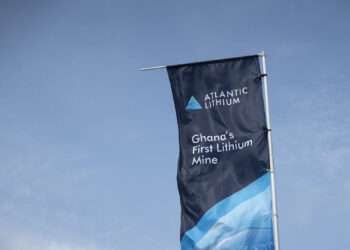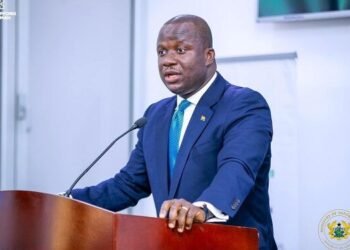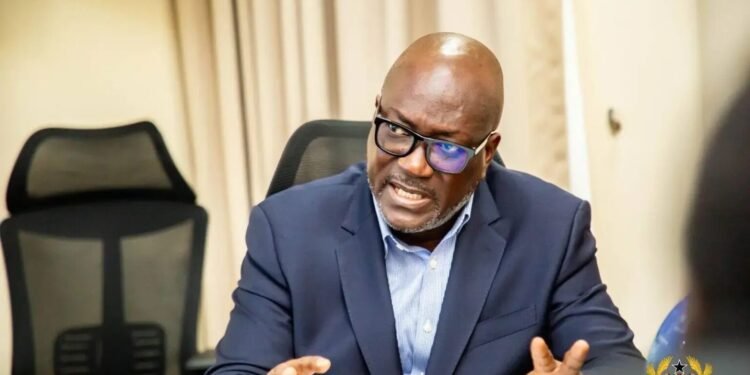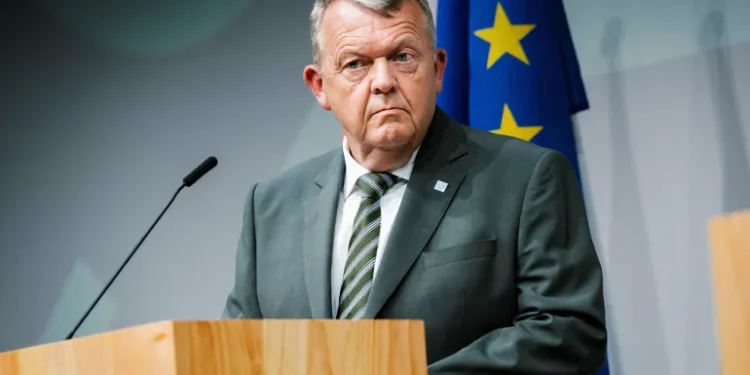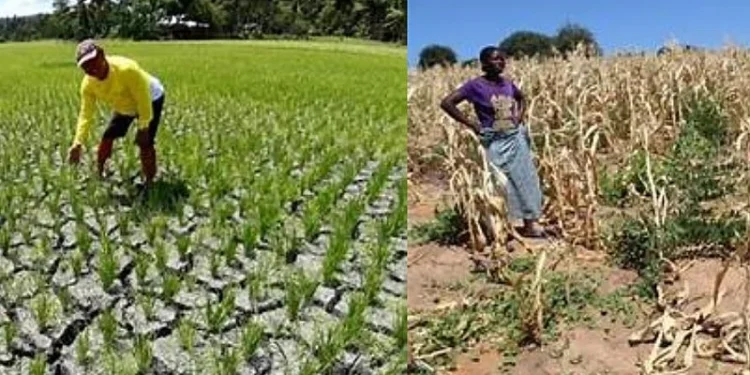Bright Simons of IMANI Africa has raised concerns over the Ghanaian government’s move to amend the country’s lease terms with Atlantic Lithium, the company developing Ghana’s first lithium mine at Ewoyaa in the Central Region.
He called for transparency and public debate amid suspicions of economic concessions to foreign investors. The move, he argued, raises serious questions about the government’s commitment to national interest in managing strategic mineral resources.
According to recent disclosures, the Minister for Lands and Natural Resources has submitted a proposal to Cabinet seeking to amend the lease agreement initially granted in 2023.
Under the original terms, Ghana was entitled to a 10% royalty on gross sales and a 13% equity stake in the project. However, the revised proposal reportedly seeks to halve the royalty rate to 5%, lower corporate taxes, and reduce or eliminate various levies.

“One would have thought that given the uproar last year, the government would see it wise to open broad consultations.
“If 10% royalty plus standard taxes were called ‘colonial’ then, surely 5% royalty and low taxes would be called, what, ‘economic treason’?”
Bright Simons of IMANI Africa
The potential amendment has reignited public scrutiny over how Ghana is negotiating its mineral wealth at a time when global interest in critical green minerals like lithium is at an all-time high.
In 2023, civil society groups, industry observers, and citizens voiced strong opposition to the original agreement, labeling it unfavorable to Ghana.
Many called for improved state benefits and increased transparency. For Bright Simons, the idea of granting even more concessions after that backlash is incomprehensible.
Dissecting the Economic Justification
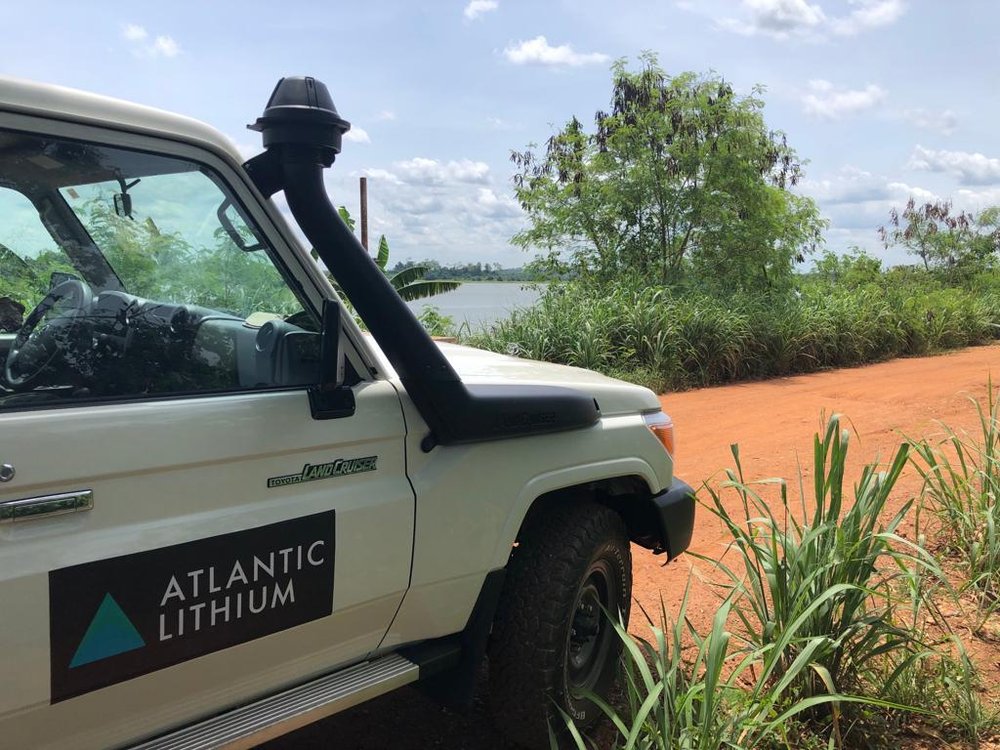
The justification offered by Atlantic Lithium for the proposed changes centers around falling global lithium prices.
The company has claimed that price volatility has undermined its ability to proceed with development.
However, Simons questioned this rationale, arguing that the company’s operational delays predate the price drops. “I was on the ground in Ewoyaa last year, and residents told me the company had long ceased activities,” he explained.
“Atlantic’s challenges likely stem from delays in securing project financing from its partner Piedmont and in locking down forward contracts with offtakers.
“These are internal issues, not merely market-driven shocks.”
Bright Simons of IMANI Africa
Simons also pointed out that although spodumene concentrate prices, the form of lithium Atlantic intends to produce did decline earlier in the year, recent figures show recovery.
Prices stood at $711 as of mid-July, up from $617 just a month ago, with forecasts pointing toward an average of $850 in the coming quarters.
He contended that the price narrative is weak, given that Atlantic had aggressively lobbied for lease ratification even when prices were hovering around the same level in late 2024.
“Nothing much has changed in the pricing picture. So why the urgency to amend the lease now?”
Bright Simons of IMANI Africa
Call for Transparency and Broader Consultation
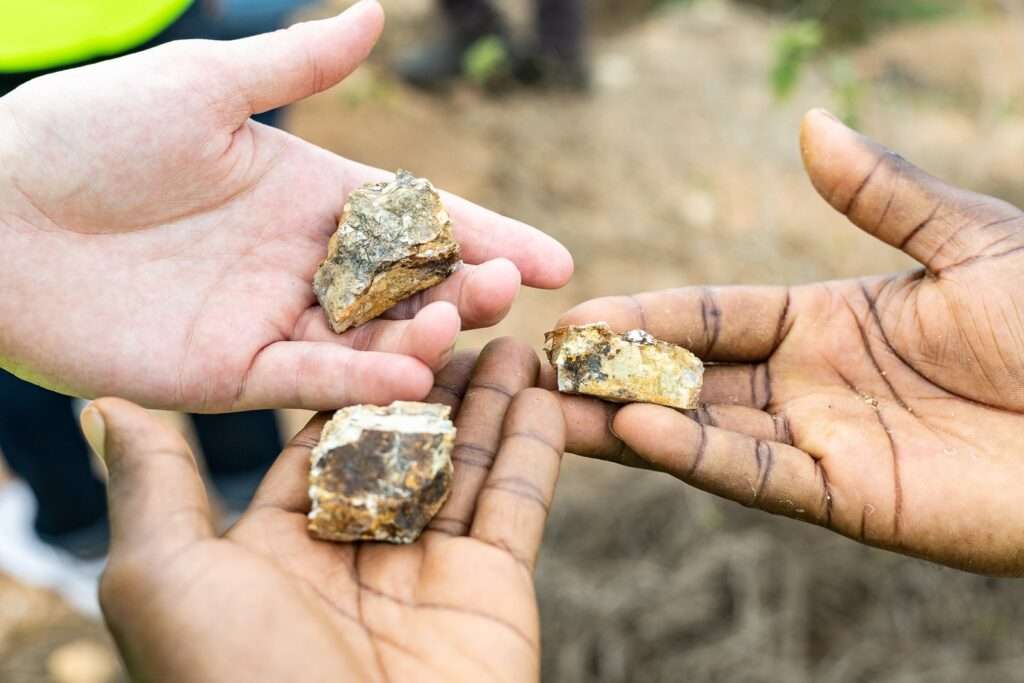
Simons is calling for the Minister’s advisory note to Cabinet to be made public and subjected to wider debate.
He said, “This isn’t just about one mine. It’s about the governance of Ghana’s transition to a green economy,” urging the government to release the draft Green Minerals Policy and legislation promised in prior years.
His concerns echo broader sentiments about the role of local ownership, beneficiation, and refining of critical minerals.
He referenced the global disconnect between raw spodumene and refined lithium hydroxide prices, noting forecasts by Goldman Sachs that expect lithium hydroxide prices to double by 2028, a signal that downstream value addition could significantly benefit Ghana if pursued strategically.
The situation at Ewoyaa also highlights a larger policy gap. Despite promises of a Green Minerals Policy, there has been no formal document published for public consultation.
Neither has a draft of the much-anticipated green minerals law been shared. For Simons, this silence is concerning, especially when global stakeholders are watching Ghana’s next moves in the lithium sector.
“Let’s see all those who have been talking about local ownership and whatnots in recent days and weeks show that they really meant all that stuff.”
Bright Simons of IMANI Africa
As the global demand for lithium and other energy transition minerals intensifies, Ghana’s handling of the Ewoyaa project could become a litmus test for whether resource-rich African nations can effectively balance investor interest with national development goals.
READ ALSO: Ghana Fire Service Records Major Progress Amid Resource Constraints







